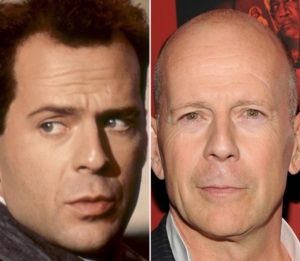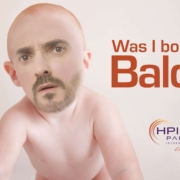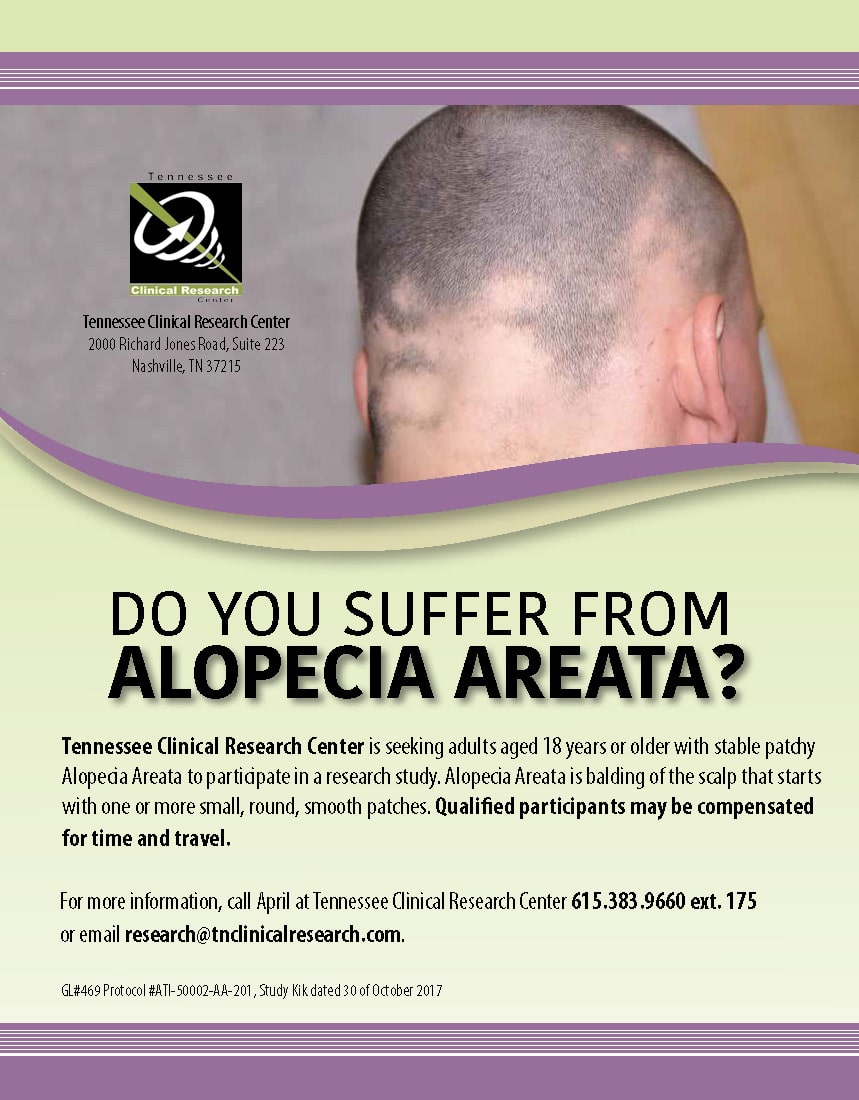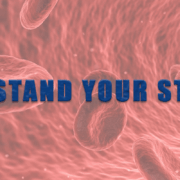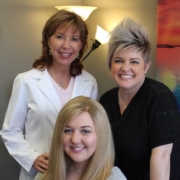understanding telogen effluvium
What is Telogen Effluvium? An Overview
Telogen effluvium (TE) is one of the most commonly diagnosed hair loss conditions among dermatologists. TE is described as a form of non-scarring alopecia, which is characterized by temporary diffuse hair loss. Diffuse hair loss is seen throughout a large area of the scalp with symmetrical thinning.
In the majority of cases, TE is sudden and acute. Acute TE is defined by shedding of less than 50% of the hair on the scalp for less than six months. Shedding that occurs greater than six months is considered a chronic condition. Those affected by TE do not entirely lose all the hair on their scalp, but rather the hair in certain areas becomes progressively thinner. While TE can occur throughout any area on the scalp, the top and crown are most commonly affected. Only in rare chronic circumstances is there advanced recession of the hairline.
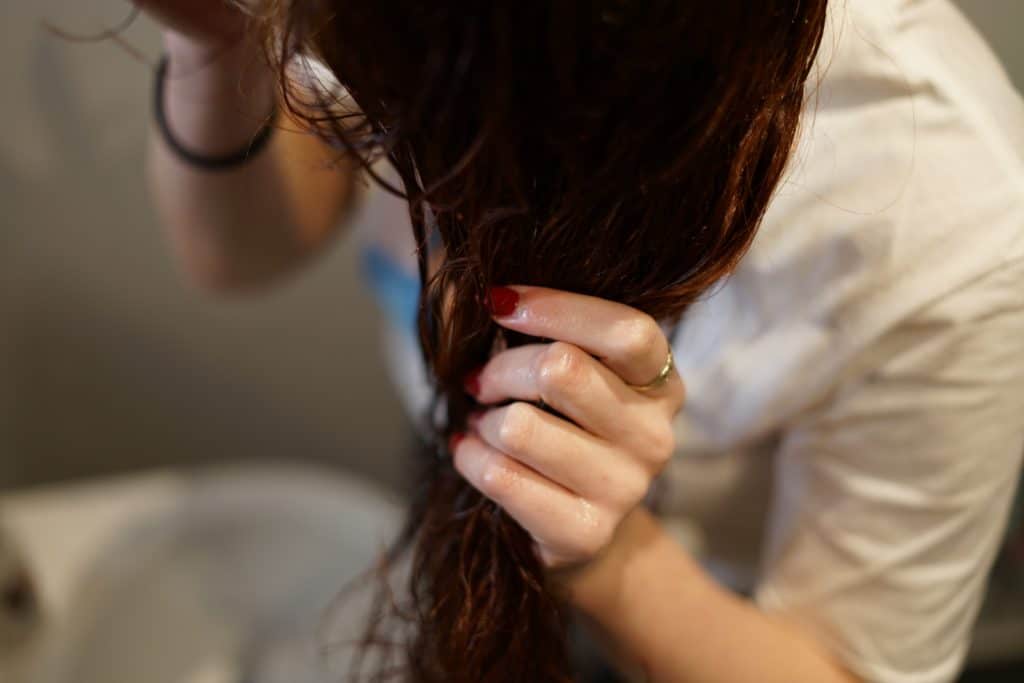
PHYSIOLOGY
To better understand telogen effluvium, knowledge of how the hair cycle works is necessary. There are three phases in the hair cycle: anagen, catagen, and telogen. The anagen phase, or growing phase, can last up to two to seven years. This is why some people can grow their hair long, while others say it stops growing at a certain point.
During the catagen, or transition phase, the hair follicle is reduced in size cutting the hair shaft off from the blood supply. The last phase is telogen, or resting phase. At any given time, 5-15% of hair is in the telogen stage, which typically lasts from three to five months.
During this final stage, the hair no longer has access to the blood supply and is not growing. Because the hair is not supplied with blood and nutrients, the bulb becomes fully keratinized. Although the hair is technically dead, it is held in place by skin cells. Late in this phase, a new hair follicle begins to forms and the old hair is shed. Each hair follicle is continuously in a different stage at any given time. If all of the hair cycled at the same time it would be lost all at once.
CLINICAL PRESENTATION
Hair loss from TE is diffuse and uniform. The hair loss may also be acute or progressive. TE can be triggered by events 2-4 months prior to shedding. Shedding is typically increased after shampooing or brushing. Reports of shedding may be as many as 300 hairs per day. In severe cases of TE, the eyebrows, axillary, and pubic areas will also be affected. Typically there are no other associated symptoms.
DIAGNOSIS OF TE
Primary care providers often refer to dermatology in cases of TE. The dermatologist will inspect the scalp to rule out any fungal or bacterial infection. In TE, the scalp may exhibit a higher number of short new hairs growing and the duration of the shedding can be measured based on the approximate rate of hair growth, which is approximately 1cm per month.
A thorough past medical history and hair-pull test are most commonly used to diagnose TE. A scalp biopsy can confirm the diagnosis of TE, but is often not necessary. The patient is instructed to not shampoo hair for up to 24 hours prior to the hair pull test. A hair pull test is conducted by grabbing a small amount of hair with gentle, but firm, pressure in four different areas of the scalp. A negative hair pull test results in less than 10% of hair pulled, typically about four to six or fewer hairs. If more than 10% of hair pulled is shed then it is considered active shedding. If 25% of the extracted hairs are in the telogen phase, the diagnosis of TE is confirmed. Hairs in the telogen phase are obvious by the lack the gelatinous hair sheath and a white bulb present at the base.
CAUSES
- POST PARTUM – During pregnancy, the increase of estrogen triggers the hair to stay in the growth cycle longer. This causes minimal hair shedding and gives the appearance of thick, full hair. Acute TE develops one to five months after birth due to the dramatic shift in hormone levels. TE occurs in over 50% of post partum females. The shedding may be significant, but in most cases women quickly begin to regrow hair.
- STRESS – Stress is the leading factor for developing TE. Stress can be either emotional or physical. Emotional stresses like anxiety and depression have been linked to acute and chronic TE. Physical stress like surgery, illness, and physical trauma also play a large roll in developing TE. Often times, hair shedding will not be seen until three to six months after a stressful event.
- DIET – A diet lacking in proper intake of proteins, vitamins, and minerals can cause TE. Extreme dieting or a poor diet starves the body, and the hair, of the nutrition it needs to flourish. While the body is in starvation mode, the nutrients are used for other vital functions in the body. This action sends the hair follicles into shock causing them to go dormant and eventually fall out.
- MEDICATIONS – Many medications have hair loss listed in their side effect profile. The most common medications linked to TE are: hormones (contraceptive and hormone replacement therapies), blood thinners, anti-hypertensives, antidepressants, mood stabilizers, thyroid medications, and steroids. It is important to discuss hair loss with your primary care provider before starting or stopping any medications.
TREATMENT OF TE
In the majority of TE cases, no treatment is necessary. Hair regrowth often occurs on its own after the underlying factor concludes. The best way to combat TE is to be proactive. Eating a well-balanced diet of whole grains, lean proteins, fresh fruits and vegetables will supply your body and hair with the vital nutrients it needs. Supplementation of a high quality vitamin can also help ensure proper nutritional values are being met. Activities to relieve stress should be practiced daily. Activates like yoga, meditation, or exercise can be great stress relievers. Proper hydration with water and a good nights sleep is also key to reducing stress.
In some cases, a dermatologist may recommend that medication is necessary to get TE under control. If needed, a topical medication called minoxidil can be prescribed. Minoxidil will be applied directly to the thinning areas of the scalp. Once the underlying cause of TE is identified and reversed then minoxidil can be stopped. If the trigger for TE cannot be rendered then minoxidil is needed until the underlying factor is identified and eliminated.
Once the underlying factor is eliminated, an active approach is beneficial to speed up the hair regrowth. Therapies like low-level light therapy and scalp injections have shown promise in regrowing hair. These therapy options can be used individually or together for the most promising results.
CONCLUSION
While TE can be worrisome, it can also be managed. The key is to play a proactive role in your health. Reducing stressors, eating a well-balanced diet, and having open communication with your primary provider or dermatologist are all solutions in combating TE. Whatever the cause of hair loss from TE, it is fully reversible. The hair follicle itself is not permanently damaged and the hair will eventually grow back.
